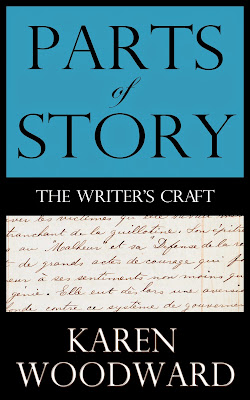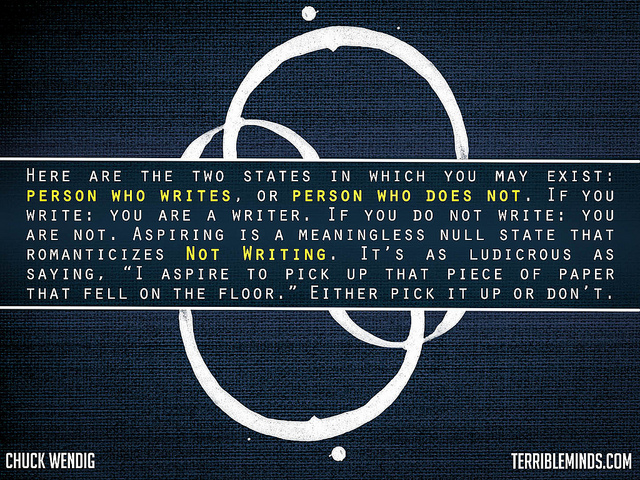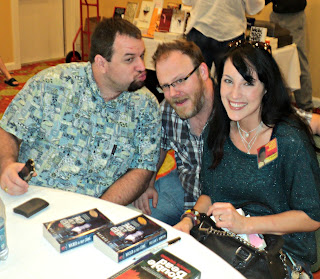Every story has a unique structure; no one structure fits them all. That would be boring. Good writing, good stories, may be a lot of things--thought provoking, exciting, uncomfortable--but they aren't boring.
That said, stories of the same genre have a structure in common. Which really is just another way to say that all stories within a certain genre follow certain broad, general, rules. That is, after all, an important part of what makes a genre story a genre story!
Genre
I know it's obvious, but for a story to be a murder mystery it must have both a mystery and a murder. There will also be various clues as well as a sleuth who investigates them. Certain characters will be suspects and there will be at least one murderer. Finally, and perhaps most importantly, the sleuth will, at the end, reveal not only the solution of the mystery but how he winnowed away the lies and subterfuge to arrive, finally, at the truth. As a result, order is restored.
But there are different kinds of murder mysteries, each with a more particular, more exact, set of requirements.[5] A cosy or whodunit (think Agatha Christie or Dorothy L. Sayers) should have all the above plus a logical, rational, solution. No hocus pocus, no unfounded intuitions, are allowed. Also, the focus is on the mystery of the murder (it seems impossible that the person was murdered yet they were) as well as how the sleuth goes about solving the crime. In these stories it is crucial that the storyteller play fair with the reader and tell them everything the sleuth learns as he (or she) learns it.[7]
A hardboiled detective story, on the other hand, often focuses less on the mystery and it's solution and more on action and gritty realism. Thrillers are different. Though they generally crank up the suspense, thrillers have about as much mystery as any other kind of story.
Another popular genre is romance. Breaking that down further, there's contemporary romance, fantasy, erotica, gothic, historical, military, paranormal, regency, and more.
The thriller genre, on the other hand, breaks down into legal, military, political, (my favorite) psychological, suspense and techno-thrillers. And many, many, more.
My point is that each genre--mystery, thriller, suspense, romance, horror, etc.--breaks down into sub-genres and each of these sub-genres have their own conventions, their own requirements. Their own structure.
If one writes a book and then markets it as a psychological thriller but doesn't talk about their characters' psychological states, if they don't do a study of their characters emotions and how they change over time in response to the (multiple) tensions in their environment (as exemplars of this see William Golding's Lord of the Flies or Chuck Palahniuk's Fight Club), then while they may have written a thriller there really wouldn't be anything uniquely psychological about it. As a result, anyone who bought the book who wanted to read a psychological thriller would be disappointed no matter how good the book was.
As Lorenzo Semple Jr. said in his interview with Lee Goldberg, if he sat down in a restaurant and ordered fish but the server brought him, instead, a beautifully cooked steak he'd be upset no matter how good the steak was. Why? Because he wanted fish! He'd feel deceived. Ripped off.
If a reader feels mislead about the kind of books they've bought then they aren't going to be happy with the book or, most likely, the author. Personally, I think that's the reason for the lion's share of one star reviews: a reader's expectations were not only disappointed, they were taken out behind the barn and shot.
Since there are so many different genres and sub-genres I won't even try to talk about a typical structure for every one. Though, that said, I do talk in some length about mysteries--whodunits in particular--and what the requirements of that form are.
Further Reading/Links/References
1. Write Your Own Murder Mystery, by Lindsay Price over at theatrefolk.com.
2. List of literary genres, Wikipedia.
3. Talking About Detective Fiction, P.D. James.
4. Mystery Fiction, Wikipedia.
5. It is often said that the primary distinction between genre and literature is that genre is plot/structure driven while literature is not (mainstream is often viewed as moodily occupying a no-man's-land between the two). Humbug! Literary stories simply don't have as rigid, or as much, of a structure, but they do have a structure. I love reading Ursula K. Le Guin on this subject and agree with her completely:
- Le Guin’s Hypothesis, by Ursula K. Le Guin over at Book View Cafe. In part she writes: "Plot is not the reason I turn to novels and is often the least interesting element to me in them. Story is what matters. Plot complicates and extends story; plot is indeed pure artifice. But Mr Krystal seems to say that only genre writers are aware that a certain level of artificiality must prevail in fiction. Does he mean that literary writers don’t use artifice? That they don’t know, just as as surely as genre writers, the absolute, imperative, marvelous artificiality of their art?" Yes. That. Exactly.
- On Serious Literature, by Ursula K. Le Guin. I found this gem on Ms. Le Guin's website (ursulakleguin.com). It is a piece of flash fiction (only 577 words). Marvelous.
6. Storyville: What is Literary Fiction? by Richard Thomas over at litreactor.com.
7. See my series How To Write A Murderously Good Mystery as well as How To Write Like Agatha Christie and Agatha Christie's Secret: Break The Rules.














